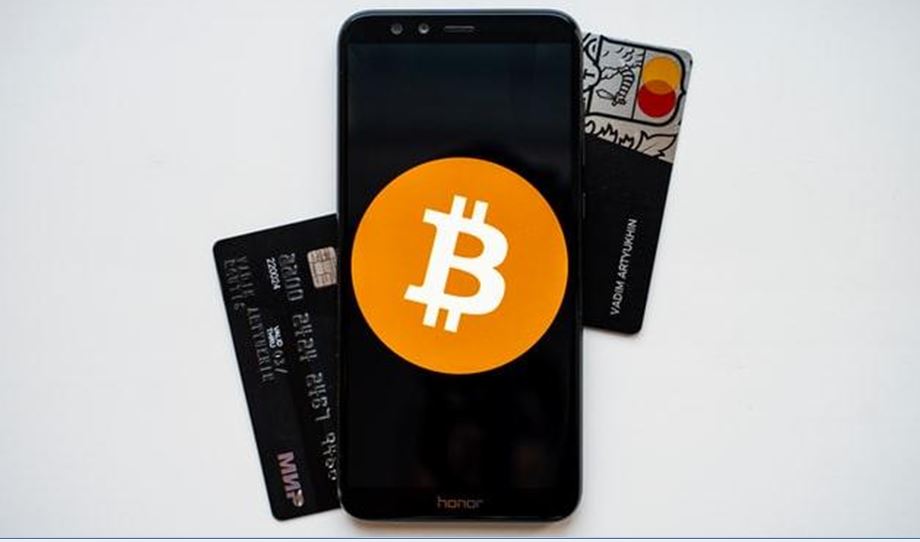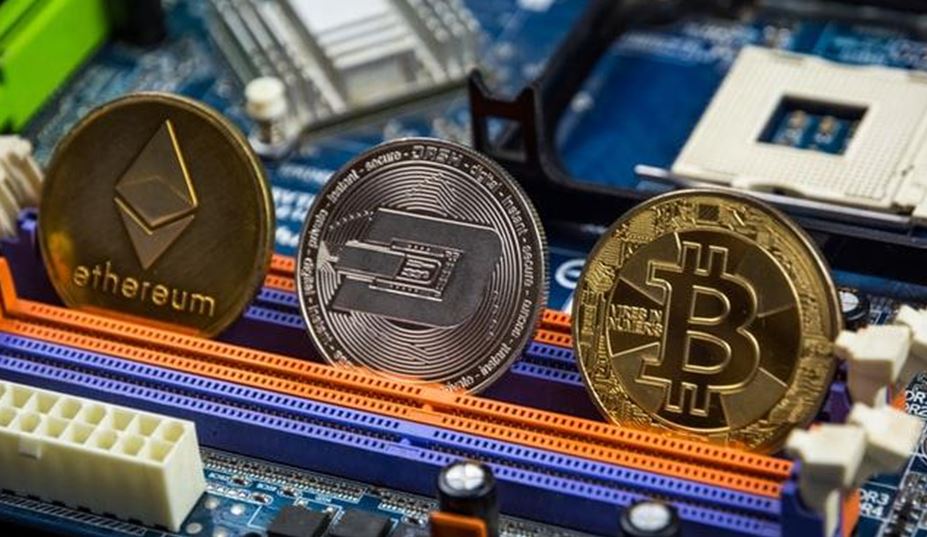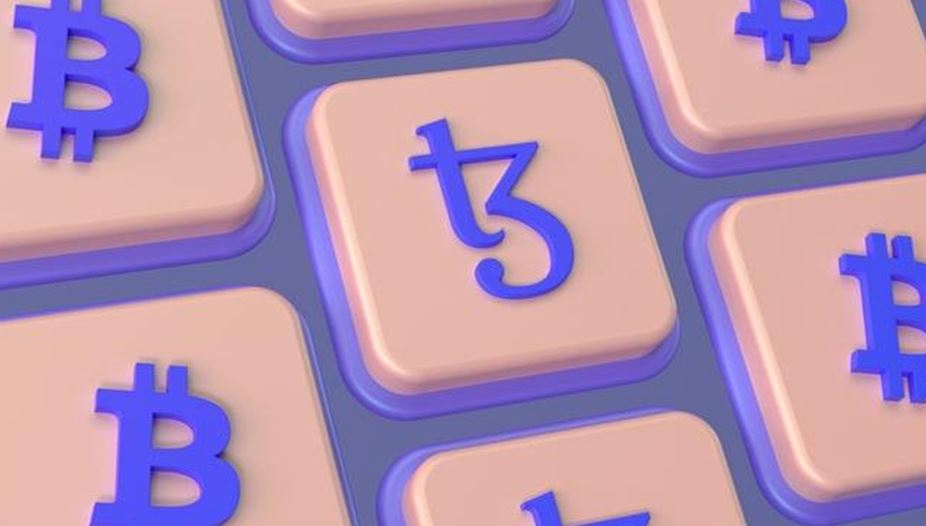Bitcoin has been saddled with many misperceptions or myths since it arrived in 2008/2009. There are, of course, precautions users need to be mindful of due to very real risks that come with engaging in the trading and exchange of the cryptocurrency, but some of the fear circulating is unnecessary, or so claims suggest.
Many people are quick to buy into “farce” when they don’t take the opportunity to become educated on a new venture before engaging with it. When you have minimal knowledge on a topic, you’re at the mercy of those surrounding you to get the “facts,” and these can either be based on authenticity or opinions.
You wouldn’t know the difference since you didn’t research or study the genuine details on your own to put fallacies to rest. That’s why one of the suggested priorities before diving into bitcoin activities is to educate and become informed, including on the myths that exist.
Let’s look at a few of those and see if we can debunk them so you can help bring knowledge to someone else.
Myths Associated With Bitcoin
When considering the exchange and trading of bitcoin (see bitcoinguiden.no/kjope-bitcoin/ to learn more), you’ll note many benefits over that of standard currency. Still, crypto comes with many misconceptions. What are the reasons for the broad range of myths?
As a rule, people develop these inconsistencies from the truth when they don’t take the time to learn the genuine facts concerning a venture they want to pursue.
Instead, each person takes a bit of information they learn from someone else, adds to their own personal opinions, and passes that on to the next person and so on until there’s a fabricated tale being passed around that everyone assumes to be the truth.
There are many associated with bitcoin and its creator Satoshi Nakamoto plus the blockchain platform as a whole – check some of these out so perhaps you can help other people who might be carrying these around as fact.
● There are many similarities between bitcoin and other virtual currencies
One of the most common myths surrounding bitcoin should perhaps be considered just false. You’ll find that each digital currency or virtually all of them fall under the guidance of a central banking system and are further made available to the government body to do their bidding as well.
Bitcoin is unique in that it is part of a decentralized system. What that implies is that the independent resource is separate and apart from any central bank or government body being self-reliant and under no control by either of these entities.
The system was designed with the intention of preventing devaluation and inflation with the crypto as coins are finite with a precise amount in existence as per the original protocol.
Trading of this specific cryptocurrency is increasingly growing in favor of the public worldwide, with many benefits suggested in doing so.
● Criminals use bitcoin for their unsavory activities
A common myth circulates with the belief that much illicit behavior occurs within the bitcoin asset network. Again, that isn’t accurate. The typical asset used for criminal behavior is cash.
Unlike cash transfers which are challenging for authorities to trace, blockchain transactions are readily traced. The platform is transparent and open from one user to the next, with little opportunity to hide anything.
● The (first) creator of bitcoin is unknown
Satoshi Nakamoto is an “alias” for either an individual or an entity who chooses to keep an anonymous persona. Doing so has proven to be an easy feat to this point. Claims indicate that leads to an implication that the person or person(s) must have governmental ties or be involved with organized crime.
In any situation, there are likely a few people aware of who Nakamoto is but no one will be divulging that information any time soon. These individuals are most likely gaining quite a bit of wealth, as is Nakamoto, thanks to bitcoin’s rising prices, especially when it was initiated.
There are rumors (and that’s all these are) that the person behind Nakamoto is Elon Musk. There have been a number of people claiming to be the “pseudonymous” individual, and some people choose to claim to be the infamous character.
There has been commentary by Nakamoto occasionally on “fractional-reserve banking and banks,” there has never been a revelation as to personal information during technical discussions.
The only indication was when Nakamoto claimed to be a (quote) “37-year-old Japanese male from his P2P Foundation profile in 2012” (end quote); there has still been no verifiable identification.
● The coinage is overvalued
The claim that bitcoin is overvalued is less than likely. It rapidly expanded, for which the suggestion is that it will probably continue in the same vein as when the stock market was born.
The crypto market has seen extreme highs and lows recently. The value of the coin is already uniquely proposed, with no one having the capacity to match the worth. Those insisting it’s a “bubble” haven’t attempted to track the asset’s growth to this point.
There is fluctuation, but it climbs considerably, making the value representative if the world takes the time to recognize it. See here to learn if crypto is worth trading and exchanging.
● Blockchain technology and bitcoin currency are the same things
Many people confuse blockchain and bitcoin, but these are entirely different concepts. The technology is complex and can be relatively confusing, requiring quite a bit of time researching and studying in order to make sense of it.
A blockchain keeps track of the bitcoin transactions the same way a public ledger would. The technology verifies these transactions, which become a secure part of the blockchain via cryptographic techniques.
In order for miners to confirm transactions, it’s required that they solve increasingly challenging mathematical equations using intricate computer hardware to complete “1MB” worth of transactions in an effort to create a block.
The effort is labor-intensive, with much time and energy incorporated in creating merely one block. Because of the effort, miners receive bitcoin payments in exchange for the tireless work they put into establishing in the block.
Overall, the system is decentralized, with users capable of putting blocks to use and confirming these independently using specific processing resources.
● Bitcoin is unsafe
There are criminals committing fraud and hackers with any trading opportunity, but hacks do affect bitcoin exchanged for consumers repeatedly. Those who are negligent when it comes to storage or with private keys (many are) become targets. Anything that offers a “single point of failure.”
Blockchain as a network has not been hacked since its inception over a decade ago despite its around-the-clock operations and the fact there is a new transaction block created at least every 10 minutes.
That makes it prone to attack, but there is no central location for the hacker to attack since it’s a decentralized system that offers far greater security than you’ll find with any centralized network.
Still, merely because a system is exceptionally secure and less prone to being hacked doesn’t mean a user should become lapse with their own security. It’s vital to pay attention to password protection.
Keeping the password hidden away in locked storage on a slip of paper where it’s been written or printed plainly is critical. You don’t want to tell a soul what the word is.
Still, it’s vital also to ensure you can remember since you get no opportunity to change or redo the password due to forgetting or losing the word. That means a loss of any crypto protected with that moniker.
As a whole, the bitcoin and blockchain are each safe and secure; problems with safety and criminal activity usually result from user error or neglect.
Final Thought
The way to avoid myths and other misconceptions or tales from other people is to engage in thorough research and study blockchain technology and bitcoin currency to the point there is a complete understanding with no room for misperceptions.
The more knowledge you gain as a bitcoin enthusiast, the less likely you will fall for other people’s opinions and fallacies. Instead, you’ll be able to politely debate the topics to stop spreading misinformation.
The ideal scenario is to guide people with the correct information in order to help educate based on what you learn. In that way, there will be more informed individuals with fewer falsehoods circulating the bitcoin landscape.






































